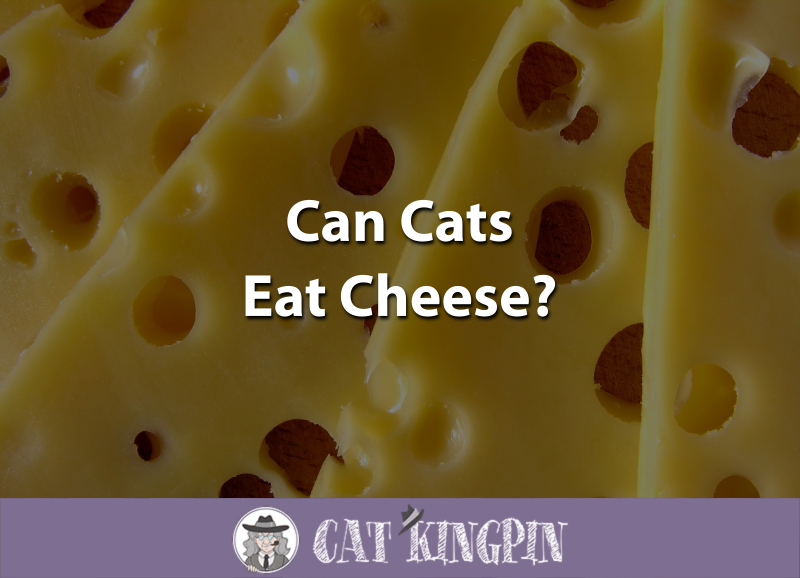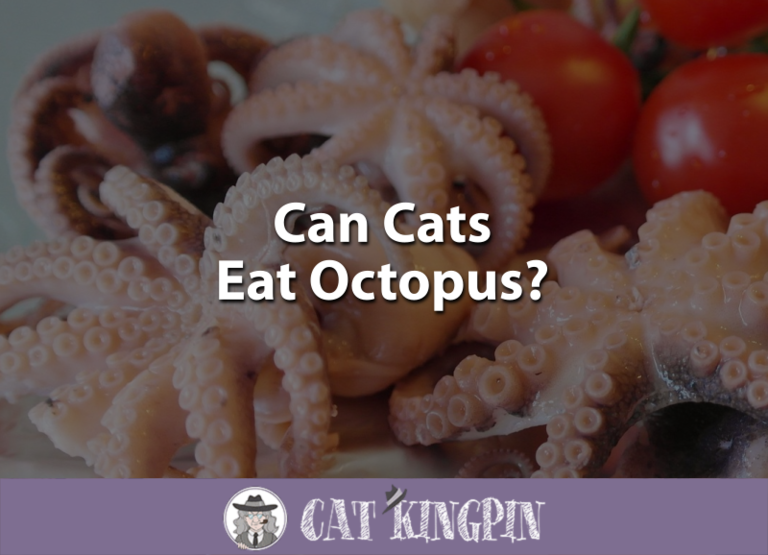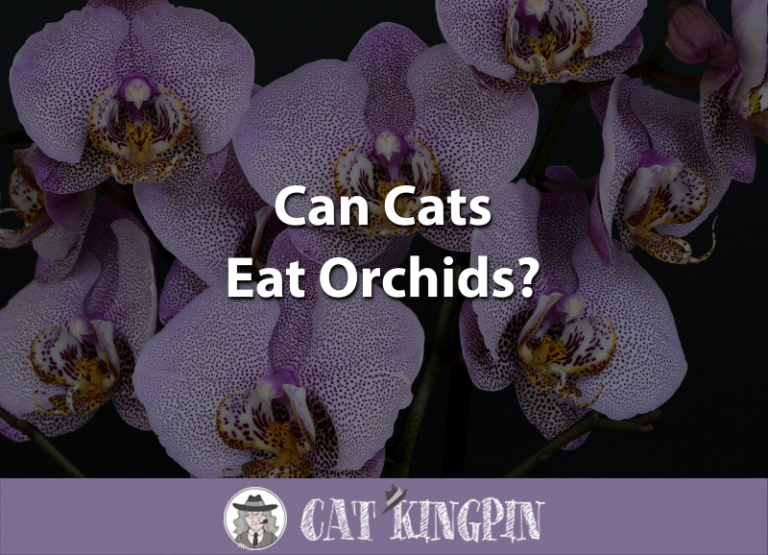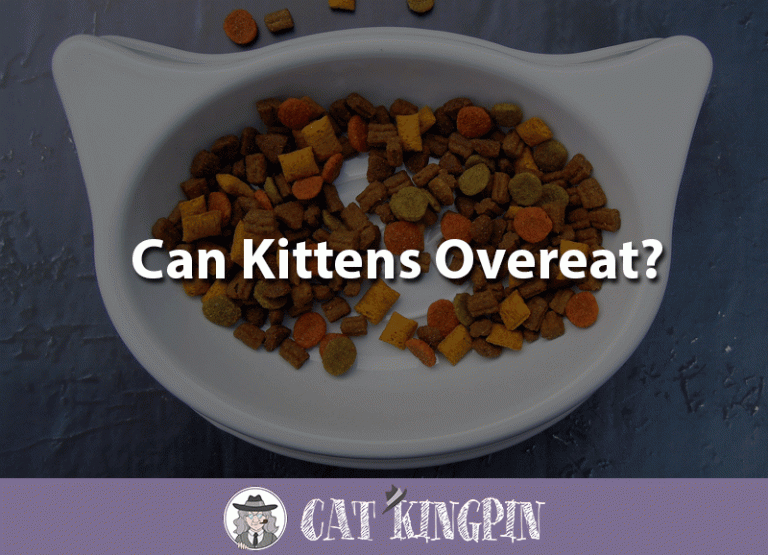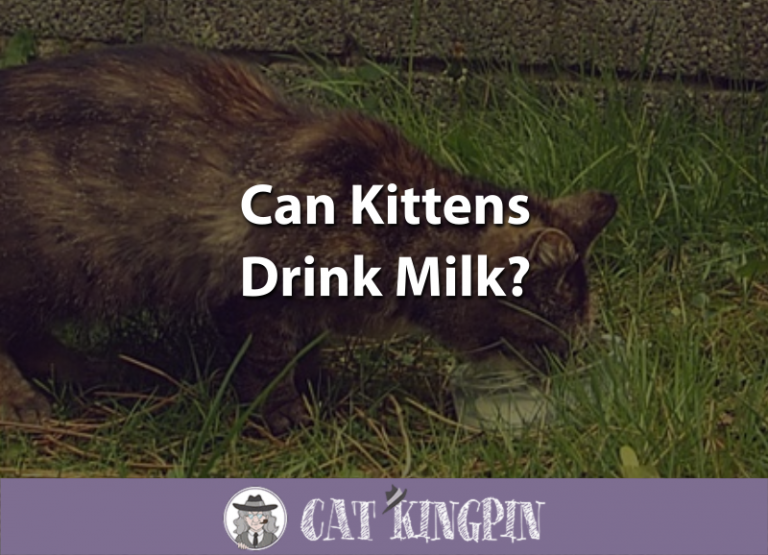Can Cats Eat Cheese?
The average American eats close to 23 pounds of cheese per year. I’m not at all surprised by this number; cheese is pretty amazing!
Whether it’s cream cheese smeared on your bagel or a little bit of goat cheese sprinkled on your salad, cheese is a staple in tons of recipes and can be found pretty much everywhere.
But, is it safe to share a bit of cheese with your feline friends? Can cats eat cheese?
Well, as with most human foods the answer to that question is a little bit complicated. While cheese in small quantities is unlikely to do your cat any harm, there are some pitfalls to watch out for.
In this article we’ll cover the following:
- Cats and Cheese, What You Need to Know
- Can Cats Eat Cheese?
- Can Cats Eat String Cheese?
- Can Cats Eat American Cheese?
- Can Cats Eat Cream Cheese?
- Can Cats Eat Goat Cheese?
- Can Cats Eat Nacho Cheese?
- Can Cats Eat Eggs And Cheese?
- Can Kittens Eat Cheese?
- Benefits/Negatives of Feeding Cats Cheese
- Alternatives To Cheese For Cats
Cats and Cheese, What You Need to Know
Cheese, no matter its origin, is a fermented milk product. Human beings have been making cheese pretty much since the dawn of time, and it features prominently in cuisines from all over the world.
Because domesticated cats are notoriously interested in what we have on our plates, you’ve probably asked yourself whether or not it’s safe to give your cat a little taste of cheese now and again.
While cats are almost entirely carnivorous, many of them will break the “meat only” rule once and a while, especially if it’s something tasty that their human being is eating.
While many human food and drinks are usually perfectly safe for cats, such as sardines, there are plenty others that are toxic, such as alcohol.
Cheese is tricky because many varieties of cheese can be a perfect treat as long as it’s plain and given in small quantities. On the other hand, some cheeses can be dangerous for your cat and should never be offered.
This cat is super serious about his cheese:
Can Cats Eat Cheese?
Cats usually like cheese, which is both a blessing and a curse. The fact that cats like cheese is great because it can be an extremely useful training treat, and a great way to share a little bit of human food with your cat.
The downside to cheese is that it can sometimes be unhealthy for cats, especially if given in large quantities. Many cats have a problem digesting too much lactose, which is something that all cheeses contain.
Hard cheeses, such as parmesan cheese, contain less lactose and may be a better choice than a soft cheese such as brie.
Cheese is generally safe for cats, with the following exceptions:
- Moldy cheeses, such as blue cheese and gorgonzola
- Unpasteurized cheese
- Cheese that contains garlic or onion
- Very soft cheese (which contains more lactose)
Your cat should be fine long as you only give your cat cheese in very small quantities. Some cats, however, may be lactose intolerant, but this is something you’ll only discover once you’ve already made the mistake once.
Cats who are lactose intolerant may not be able to properly digest cheese, which could lead to a variety of unpleasant symptoms such as vomiting and diarrhea. If your cat exhibits any of these symptoms after eating cheese, don’t offer it to them again!
Can Cats Eat String Cheese?
String cheese, which is usually made from a mozzarella blend, is one of the safest cheeses you can offer to your cat. It’s mild, easily broken up into small pieces, and readily available.
If your cat is interested in string cheese, just be careful to break it into pieces rather than offering them a “string” of the cheese. Fine strands of string cheese can pose a choking hazard to your cat!
Can Cats Eat American Cheese?
Whether or not American cheese is really a cheese is up for debate. It’s technically a “cheese food” made from unfermented dairy products, salt, food coloring, and whey.
American cheese is safe for cats if given in small quantities, as it contains less lactose than other, more authentic cheeses. As with any cheese, it should only be given in moderation.
Here’s an example of how NOT to give cheese to a cat:
https://www.youtube.com/watch?v=uV0IW4hzD3A
Can Cats Eat Cream Cheese?
Cream cheese is a relatively innocuous cheese for cats, as long as it’s plain and given in moderation. A little bit of plain cream cheese is unlikely to do your cat any harm, and your cat might really enjoy the creamy taste.
Be very careful with flavored cream cheeses, particularly scallion. Scallions are a type of onion and can be toxic to cats. Also watch out for cream cheese with lots of added sugar, such as cinnamon swirl or strawberry flavors.
Can Cats Eat Goat Cheese?
Goat cheese contains less lactose that cheeses made from cows milk and is less likely to cause digestive issues for cats, so it’s even safer for cats than other cheeses.
However, as with all cheeses, goat cheese should be given in moderation and only once and a while.
Can Cats Eat Nacho Cheese?
Commercial nacho cheese isn’t really cheese at all. Instead, it’s a “cheese product,” which may or may not contain actual cheese (depending on the brand).
Because nacho cheese is often full of preservatives and contains little to no nutritional value, it’s not a good idea to offer any to your cat.
If the nacho cheese is spicy it can make your cat very ill, so it’s best to avoid giving your cat nacho cheese!
Can Cats Eat Eggs And Cheese?
Cats can eat egg and cheese in moderation, as long as the cheese doesn’t contain any harmful additives such as garlic or onion.
Because eggs are cheese are both very high in fat, you should only offer it to your cat on occasion and always in small quantities.
Can Kittens Eat Cheese?
It’s never a good idea to give human food to your kitten, even something as innocuous as cheese.
While cheese is unlikely to be toxic, kittens are growing extremely rapidly and require the best nutrition that you can give them. Offering your kitten bites of human food will only ruin their appetite for their kitten food.
Your best bet is to feed your kitten a diet of high-quality kitten food such as Blue Buffalo Healthy Growth, which contains vegetables, healthy grains, and no meat by-products.
It’s also important to remember that kittens often have more delicate digestive systems than their adult counterparts. So, feeding your kitten cheese, even just a little bit, can cause digestive upset.
If your kitten manages to get ahold of some cheese, keep an eye out for vomiting and diarrhea, both of which are signs that the cheese doesn’t agree with your kitten’s delicate gastrointestinal system.
Benefits/Negatives of Feeding Cats Cheese
As long as your cat is eating a high-quality cat food, such as Blue Buffalo Adult Dry Food, which contains high-quality grains and lists meat as the first ingredient, there really isn’t much benefit to giving them cheese.
While cheese does contain healthy vitamins, minerals, and fats, your cat already gets all of the nutrition they need from their regular cat food.
If your cat really likes cheese, though, small amounts of a plain, low-lactose cheese can make for a tasty treat. You can use small pieces of cheese while training your cat, or you can simply offer it to them as an occasional treat.
Be very careful not to overdo it, though, as the high fat content of cheese as well as the lactose can give your cat digestive issues, such as vomiting and diarrhea.
If your cat has a bad reaction to cheese it’s best not to offer it to them again. If the symptoms don’t clear up within 24 hours, you may want to bring your cat to the vet to make sure it’s not something more serious than a bad reaction to cheese!
Alternatives To Cheese For Cats
If your cat is crazy for cheese and you just don’t feel comfortable sharing your human cheese with them, never fear! There are plenty of cat-safe alternatives available.
One great idea is cheese-flavored cat treats. While they don’t necessarily have much nutritional value, they are a wonderful and safe alternative to human grade cheeses. Friskies Cheese Craze treats are great because they have all the cheesy goodness your cat craves while containing only 1.3 calories per treat!
There is also squeezable cat treats that contain cheese, such as Churu Lickable treats. These treats are creamy and delicious and can be eaten plain or can serve as an enticing topping for your cat’s regular cat food. This can be especially useful for ill or elderly cats that might otherwise not be interested in eating their dry food. You can also use this kind of treat to disguise medication!
So, can cats eat cheese?
As long as the cheese is plain and only given in moderation, cheese is generally safe for cats. If your cat has a bad reaction to cheese, they may be lactose intolerant and shouldn’t be offered any dairy products, such as milk and yogurt.
Honestly, though, there isn’t really any nutritional reason why your cat should be eating cheese. If your cat really loves cheese, it’s probably better to give them specially-formulated cheese-flavored cat treats such as Friskies Cheese Craze, which is safer and generally has fewer calories.
Is your cat cheese crazy? How do you satisfy their cravings without sacrificing their health? Let us know in the comments!

